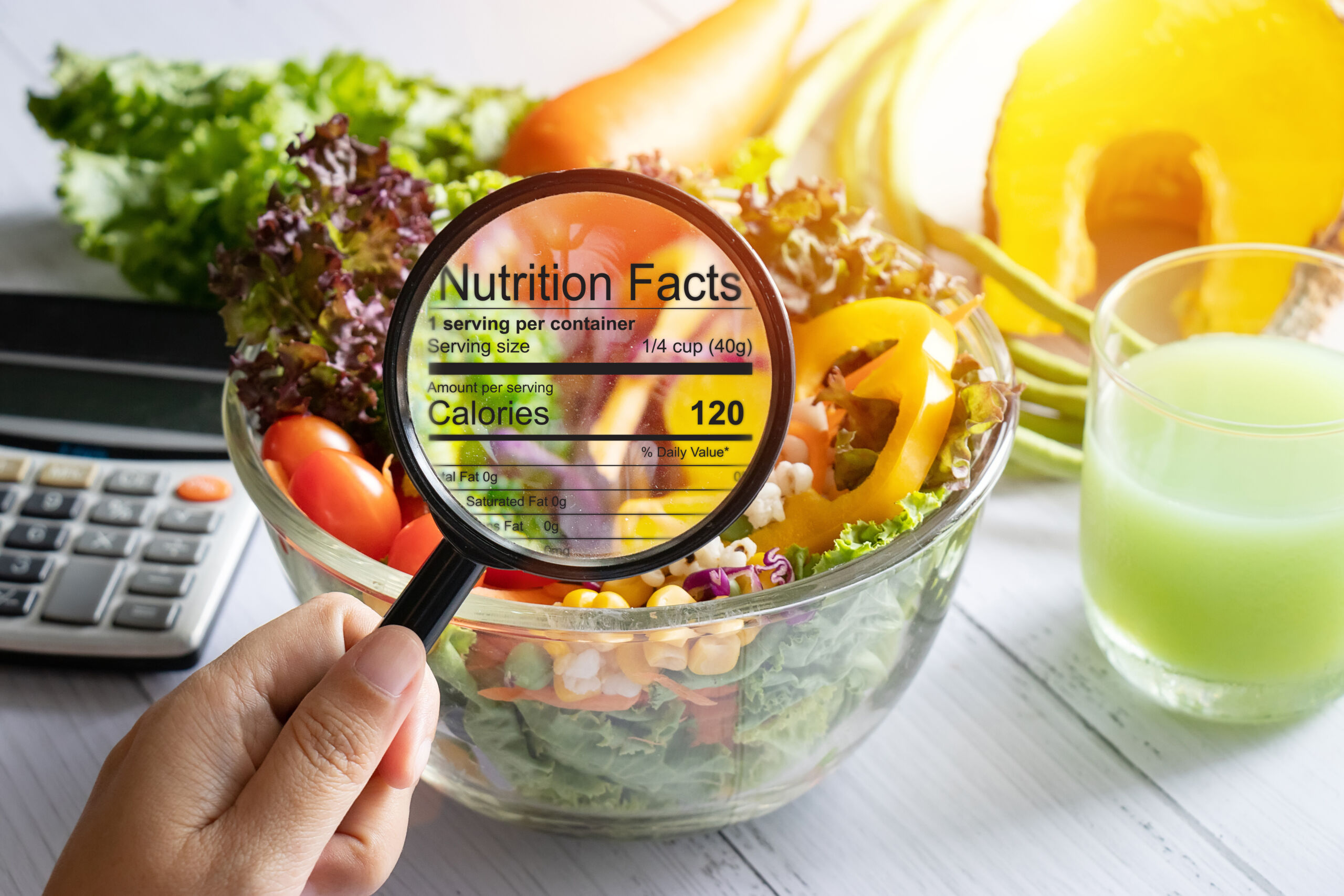Understand the impact of Natasha's Law on food manufacturers, retailers, and brands, and how centralizing product information into a PIM can enable businesses to comply with Natasha’s Law without requiring a significant investment in new resources or increasing the workload on existing product information teams. Plus, we'll dive into how organizations can utilize this piece of legislation to safeguard their customers' health, reduce risk, and provide a better overall customer experience.

Keywords
Though the law now works to safeguard vulnerable individuals, its genesis is rooted in a truly tragic event. Natasha Ednan-Laperouse, a young woman with a severe sesame allergy, suffered a fatal allergic reaction after consuming a baguette purchased from a local food chain that contained sesame seeds but failed to mention the presence of an allergen on the packaging.
Prior to this event, businesses did not have to individually label full ingredient lists onto freshly made and pre-packaged foods in the UK. Though a heartbreaking event, Natasha's passing illuminated a significant gap in food labeling regulations, and led to the introduction and enactment of what is now known as Natasha's Law.
Natasha’s Law increased food labeling regulations, requiring that full ingredient and allergen labeling be included on pre-packaged for direct sale (PPDS) food. Specifically, allergens must be highlighted on the label, making them easy to spot. By putting these regulations in place, the law seeks to arm consumers with all of the necessary information to make safe and informed choices, reducing the risk of adverse health effects caused by undisclosed ingredients.
PPDS stands for pre-packaged for direct sale, and refers to foods that are packaged at the same place they are sold to consumers and are in this packaging before being ordered. These foods are prepared on-site, ahead of time, and packaged ready for sale.
PPDS food can cover a wide range of items, such as sandwiches prepared on-site and packaged for sale, boxed salads in refrigerated units, or bakery items like muffins, cookies, or breads pre-packaged in the store. Essentially, if the food is packaged on-location before a customer orders it, it's considered PPDS food.
Primarily, Natasha's Law impacts food manufacturers, retailers, and brands in the UK.
Essentially, any food business that prepares and sells prepackaged food directly to consumers in the UK is affected by Natasha's Law.
Natasha's Law requires full ingredient and allergen labeling on all PPDS foods. This means every ingredient used in the food must be listed, and the 14 allergens specified by the EU Food Information for Consumers Regulation must be highlighted in some way, such as with bolded, italicized, or differently colored text. The 14 allergens that must be emphasized are:
Managing complex ingredient lists and allergen data across a variety of pre-packaged products can be incredibly difficult, but it’s crucial for businesses to successfully do so, not just for compliance with Natasha’s Law, but for the safety of consumers.
That’s where a Product Information Management (PIM) solution can help. PIM systems act as a central hub for all product data, providing a single source of truth for businesses. They allow you to manage, organize, update, and distribute large amounts of data across a variety of products quickly, easily, and accurately, which makes a PIM system the perfect tool for Natasha’s Law compliance. Businesses can easily record every ingredient for every product, as well as any allergens they may contain. The system can even be configured to automatically highlight the 14 required allergens, reducing the burden on product teams while also ensuring they're clearly flagged for consumers.
A PIM system also helps with accuracy. Recipes often change, whether because of a new supplier, reformulation, supply chain shortages, or a myriad of other causes. Whenever an ingredient changes, that information can be updated in the PIM system and quickly reflected across all products. This eliminates the need for manual updates, reducing the risk of errors which could have serious consequences.
For retailers working with a variety of suppliers, a PIM system can seriously reduce workload, errors, and time spent chasing critical ingredient information. Suppliers can provide their product data in a format that can be easily imported into your PIM system. This allows you to manage all product data centrally, ensure it's compliant, and distribute it quickly and efficiently to all necessary channels.
While Natasha's Law introduces stricter regulations for food manufacturers, retailers, and brands, it's a crucial step in protecting consumers and providing them with the information they need to make safe choices. Centralizing product information into a PIM allows businesses to comply with Natasha’s Law without requiring a significant investment in new resources or increasing the workload on existing product information teams. By understanding the law and leveraging the right tools, businesses can ensure compliance, reduce risks, and most importantly, safeguard their customers' health.
Our Akeneo Experts are here to answer all the questions you might have about our products and help you to move forward on your PX journey.


Staying ahead of sustainability regulations may seem like a daunting task, but it can be a golden opportunity for businesses to lead in transparency,...
Read more
Discover how reverse logistics enables businesses to support a circular economy by repairing and recycling products, promoting sustainability,...
Read more
In a world where consumer behavior evolves at lightning speed, traditional, one-size-fits-all tech solutions often don’t cut it anymore. Discover...
Read more